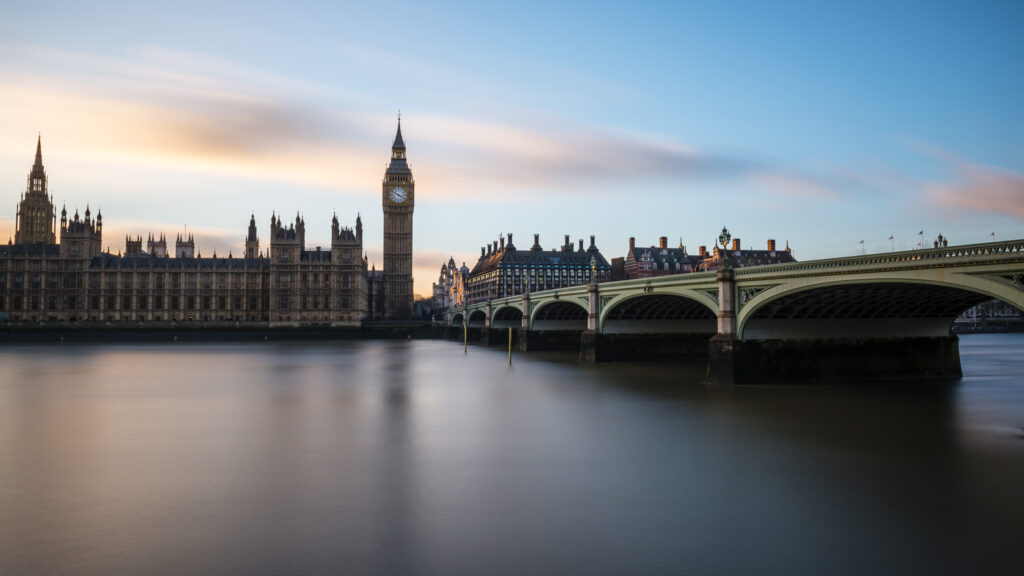The UK Government and energy regulator Ofgem, have today (17 January) published the Electric Vehicle (EV) Smart Charging Action Plan, designed to unlock the “significant potential of smart charging and make it the preferred method of long duration charging by 2025.”
Smart charging offers a range of benefits to consumers such as using cheaper energy by charging during ‘off-peak’ periods, selling back to the grid, or else powering their homes using electricity stored in their EVs.
The Government estimated that smart charging could save an average driver up to £200 a year and a high milage driver as much as £1,000.
Zap-Map reported similar saving benefits from smart charging, using data from the Agile Streets trial to demonstrate that smart metered on-street EV chargers could save consumers £605.65 per year.
To support the uptake of smarter charging, the Government has confirmed that smart charging projects will receive £16 million funding from the Net Zero Innovation Portfolio (NZIP).
Projects receiving funding today through the V2X (Vehicle to Everything) Innovation programme include:
- £229,000 to a project developing a ‘smart street lamppost’ (Gateshead, Tyne and Wear) that can charge EVs and share power back to the grid, led by Otaski Energy Solutions;
- £220,000 to project V2X-Flex (Reigate, Surrey) led by EV Dot Energy Ltd, which is developing prototype software and a new business model minimising entry barriers for domestic V2X bi-directional chargers to provide energy flexibility services; and
- £165,000 to BEVScanV2X (London), a project led by Agile Charging Ltd to create a cost-effective tool to advise effective approaches to maximise battery life and financial returns from smart charging.
“We want to make smart charging an easier choice for drivers of electric vehicles, whether that is charging on the driveway, at the workplace, or parked on the street. To do that we need to build new network infrastructure at pace, using the latest available technologies,” said energy and climate minister Graham Stuart.
“Today’s plan sets out how we will work with Ofgem and industry to kickstart the market for smart charging, which we are backing it up with £16m in innovation funding. This will let people take control of their energy usage, in the most convenient and low-cost way.”
This funding builds on previous steps taken by the Government to enable smart and flexible EV charging. For example, since July 2022, all chargepoints sold for private use are required to have smart functionality.
The UK Government has also said it is discussing a new policy to utilise the benefits of domestic smart energy and enhancing its cybersecurity.
Introducing the Action Plan will increase the information and evidence on smart charging available to the public, as well as supporting the implementation of strict consumer service standards.
Projects developing technologies which grant consumer remote control over their energy usage will also receive funding through the Interoperable Demand-Side Response (IDSR) Programme. These include:
- £510,000 to Energy Smart Heat Pump (Chertsey, Surrey), led by Samsung Electronics UK and Passiv UK that aims to design and develop a technology solution to provide demand side response (DSR) services via Samsung Heat Pumps;
- £1.2 million to Smart-DSRFlex (Manchester), led by Landis & Gyr UK to show how, using the smart meter system, DSR technology can help manage a renewables-based electricity grid; and
- £29,000 to Open DSR for All (Manchester), led by Carbon Co-op offering a comprehensive analysis of an accessible approach to domestic DSR.
The Government estimates that, if the steps of the Action Plan are followed, smart charging will be typical in domestic and industrial settings by 2025. The ambition has also been set for smart charging to become commonplace in long-duration public charging by the late 2020s.
Last week the Department for Business, Energy and Industrial Strategy released Chris Skidmore’s Mission Zero: Independent Review of Net Zero, which advocated the significant benefit of investing in net zero projects, indicating that this was “the economic opportunity of the 21st Century”.





